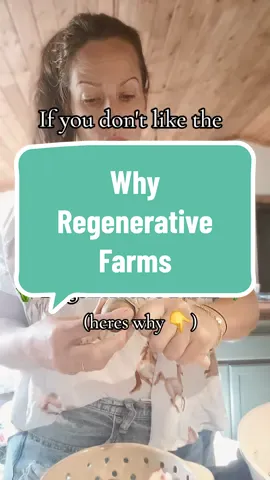☆✈الحͥــᷱــͣــᷟــͣــͪـموي✈☆
Region: LY
Wednesday 01 May 2024 18:10:13 GMT
919559
37374
697
8507
Music
Download
Comments
🌝🖤ضَِوَِء اَِلَِقمَِرَِ🖤🌝 :
اي والله بربي🥺🥺💔
2024-05-12 23:54:46
23
أميرة| AMIRA :
اي والله🙂🖤
2024-12-26 01:32:35
3
👑 المكه👑♥️♥️ :
اي ولله
2025-07-05 13:09:00
0
ام عيون عسليه ❤️🫂 :
اي والله
2024-05-22 22:38:16
9
صــالـون غــــــديــــر..... ♡ :
وربي الدنيا كلها طلعت من عيني 💔
2024-12-28 13:10:50
11
H :
اي والله 😔😔😔🥺
2024-11-18 12:58:25
6
FARSO🌹الندييييم التلي :
سلامة قلبك خلي ايمانك بالله كبير
2024-05-23 04:18:56
1
الشايب. :
ايه والله😔
2024-05-18 03:27:42
9
꧁꧂♡ ام الروح♡꧁꧂ :
اي والله 💔
2025-07-06 11:32:49
0
🖤🖤🖤 :
أي والله 😔😔😔
2024-11-18 12:51:24
3
💙دمعة حزن 💙 :
اي والله صح💔💔😔
2024-05-26 11:48:40
4
3069984481 :
اي والله صح
2024-05-26 10:27:09
3
ﻣـﻏﻏـݪـق،🖤َِ🐾!🥀 :
🥺اي والله
2024-05-26 22:15:27
1
شّـــهـدّ🎀✨ :
الدنيه طالعه من عيني من سنين وماكنت غادرها وارتاح
2024-05-26 16:10:24
8
Ali :
😢😢😭😭😢😢😭😢😢😭 يا ربي سهل في اول خير يا رب
2024-05-18 15:06:51
2
شَريانِ اݪݛڪَاﯡيِ، ١.🤎🗞️ :
كلنا وله ياخوك 💔
2024-10-22 08:17:11
3
عاشق النقاب :
الله صحيح
2024-05-15 19:35:04
2
حنين 💞 :
اخ 🥺🥺🥺
2024-06-07 21:15:04
7
امرح لنعميه :
اي لله😭😭😭
2024-05-06 13:12:05
3
🌺ريحانه الربيع 🌺 :
🥺🥺صحي
2024-05-23 22:01:09
3
الأسر :
سلامتك
2024-05-29 10:25:30
1
🌸And gvh🌸 :
اي ولله 💔💔
2024-05-01 20:33:00
3
🧡🤤 نور :
😭 اي والله
2024-05-16 21:17:43
2
𓆩🫂❤️𝑔̮̑ℎ̑𝑎̑𝑑𝑖𝑟̮̑~♡𓆪 :
💔🥺 وهل كلام القلب يوصف ؟.
2025-01-25 20:56:32
3
To see more videos from user @g_y_s_g, please go to the Tikwm
homepage.





